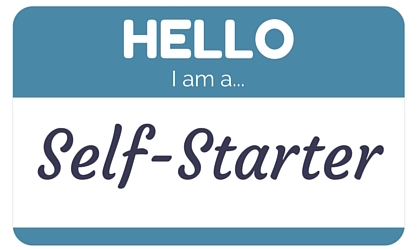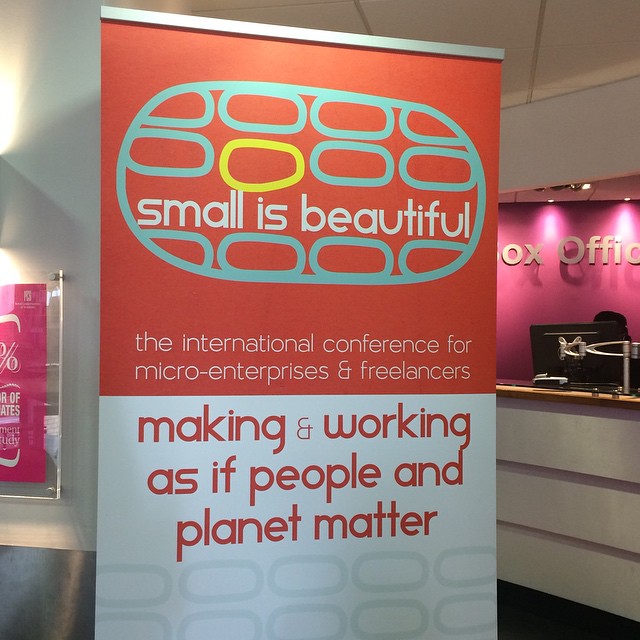
Last week I published a post on my big sticking point: Getting Started.
It wasn’t until afterwards that I realised that I hadn’t explained how I get over it.
Probably because I started without a plan.
So, here are some ways you can help yourself to get started.
1. Define Your To-Dos
If I sit down to work without an idea of what needs done, it’s a wasted day. So I always write my to-do list for the coming week on a Friday afternoon or – if time gets away from me – on Sunday evening.
Defining your weekly overview before the new week begins clears away the clutter of the week past, gives you a solid starting point, and can always be revised over time as things pop up and change.
For me, this means having a weekly to-do list. At the end of each day I write down my to-dos for the next day. If something moves, no worries, it gets copied and pasted to the next available time slot.
Knowing what needs done and when also gives me a deadline – even if it’s just to finish this blog post before my yoga class this afternoon.
Set yourself parameters and keep your priorities front-of-mind.
2. Remove Distractions
Close the YouTube tab. Close your inbox. Turn on the Do Not Disturb notifications feature. They’ll still be there when you’re done.
Sometimes if the dishes are looming, the best way to get them off your mind is to give yourself time to get them out of the way. It can be easy to get into a procrastination cycle here, but you know how you have the best ideas in the bath, or on the bus? Doing something productive and meditative can ease you into the right thinking patterns.
For me, it’s often something like watching one video, or doing the dishes.
This also relates to…
3. Set a Starting Point
Don’t let a stream of bits and bobs steamroller your day.
Committing yourself to a task that’s a little down the line, and takes place right after a certainty. It can makes a big difference.
So tell yourself: see once those dishes are done? Once I finished this cup of tea? When the postman comes? Then it’s time to start.
4. Start a Timer
Some people swear by the Pomodoro technique or variations on it. Setting a timer for 10-20 minutes and challenging yourself to start work can be really useful. But I also find that as the timer gives me a reason to get going, the buzzer goes off as I hit my stride.
My technique is to use Toggl (more on how I use Toggl here). You start a timer, define the task, then get going. Keep yourself beholden to the task at hand, and to the timer’s tick. You’ll soon realise how little time you spend actually focused on a task and how long it takes. No time feels more wasted than time deleted from a Toggl tab.
Your Turn
What are your tips for getting started? What’s your sticking point?
Here are some responses I got from last week’s blog (See? You’re not alone!):
@robotnic I agree that it's the starting for me, and when I start, it takes me a few tries to get going.
— Christopher Alonso (@ChrisRAlonso) September 10, 2015
@robotnic I like the idea of things more than actually doing them. Things can be perfectly formed in my mind but I don't do them in reality
— Wiebke (@Anywiebs) September 10, 2015
@Anywiebs @robotnic I psych myself out from starting projects because I can never live up to my unrealistic expectations of myself D:
— Candace (@librarianfm) September 10, 2015
@Anywiebs @robotnic That and I'm always interested in too many things, I wish I could just focus on one and be super awesome at it.
— Candace (@librarianfm) September 10, 2015
@robotnic The end. Hate handing it in. Feels like handing in homework aged 12. Coffee, music and getting enough sleep helps starting it.
— Neil Major (@Neilmajor) September 10, 2015
What are your tips for getting started?
